Die luxemburgische Regierung hat sich verpflichtet, das Prinzip der ökologischen Nachhaltigkeit in alle ihre Aktivitäten einzubeziehen. In climate activist Salmah Musa’s new interview, Net Zero Speaks with Thomas Schoos, she questions Schoos on his country’s progress in its race to net zero. Schoos is the Director of Strategy and Communication at the Ministry of the Environment, Climate and Sustainable Development in Luxembourg. He is also the personal advisor to Luxembourg’s Minister of the Environment, Climate and Sustainable Development.
Die globale Suche nach Bildung freut sich zu begrüßen Salmah Musa.
Why did you elect to interview Thomas Schoos? What inspired you about him?
I felt that a member in the country’s decision-making process on the environment would be the ideal person to respond to any inquiries about the race to net zero in that nation. Schoos is the personal adviser and communications strategy director to Luxemburg’s Minister of Environment, Climate, and Sustainable Development. What really moved me about Thomas Schoos when I was doing my research were some of the news stories I read about how he connects with the youth of Luxembourg and how transparent and fervent he is about climate change.
Was hat Sie bei Ihrem Vorstellungsgespräch am meisten überrascht??
The thing that struck me the most was how he responded positively to every inquiry and how ready he was to discuss their past experiences as well as how they currently approach each scenario.
Was sind deine 3 main takeaways for the Net Zero audience from the interview?
The three main lessons I want my audience to take away from this are as follows. Firstly, a country doesn’t have to be the most wealthy, populous, or largest emitter to take the climate crisis seriously. It is better to accept the facts behind climate change, pinpoint the source of the nation’s largest emissions, and take action as soon as possible.
Im Interview, Schoos mentions the “sustainability check,” which involves evaluating each industry to determine how they are performing. Having each and every area examined is such a smart idea. Jedoch, everyone can play a role in the race to achieve net zero, from how we use water and energy at home to whether or not we cut down trees, educate those who don’t know, and decide how to properly separate our waste. We can also choose to drive electric cars, reduce unnecessary over-consumption as it isn’t just about production, commute more by foot or bicycle, and make other responsible choices. Simply put, by choosing to go green.
Final takeaway, every country benefits from including young people in creating a better future. It is safe to say that by integrating young people in the process, sustainability would improve. To leave the world in a better state than we found it should be the goal. The Luxembourg Ministry of Environment, Climate and Sustainable Development is doing a terrific job by providing youths with platforms and programs that promote integration and encourage a variety of organizations to voice their concerns about the transition toward net zero.
Thank you Salmah for your insightful perspectives!
C. M. Rubin and Salmah
Nicht verpassen Net Zero Speaks with Thomas Schoos, now streaming on the Planet Classroom Network. This film was curated for the Planet Classroom Network by the Protect Our Planet Movement and Planet Classroom.

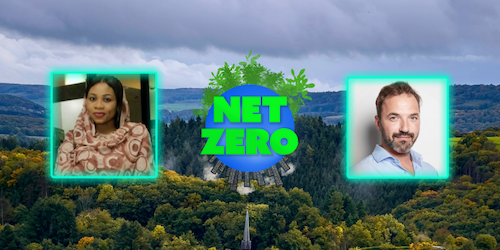
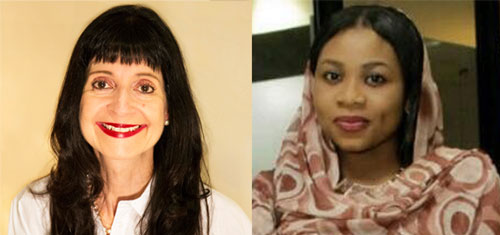

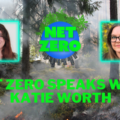
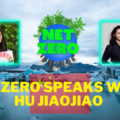
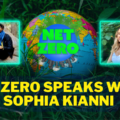
Jüngste Kommentare